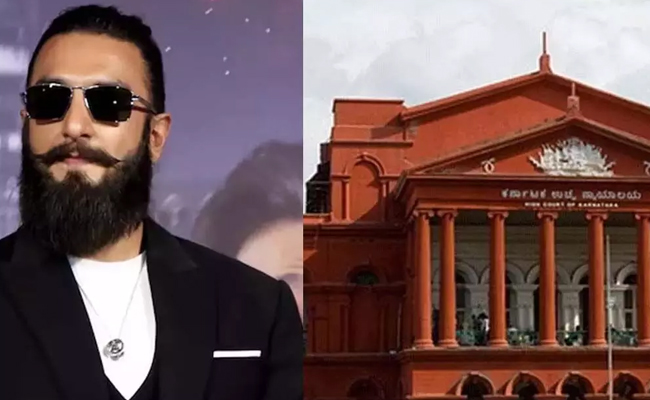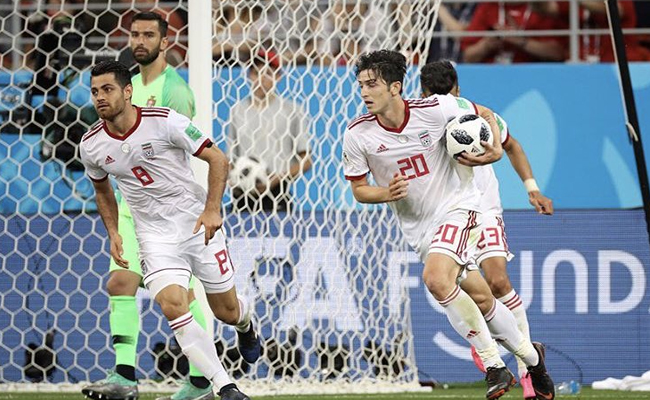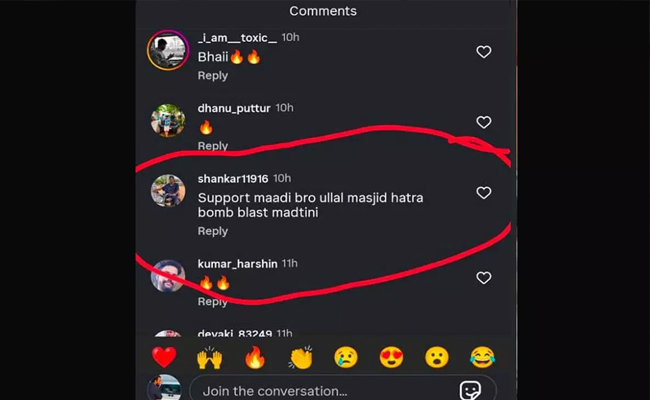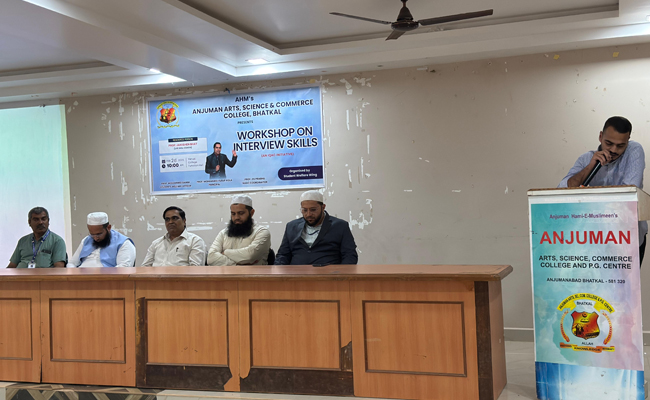Chennai, Apr 18: AB de Villiers' master class and Glenn Maxwell's counter-attacking half-century propelled Royal Challengers Bangalore to an imposing 204 for four against Kolkata Knight Riders in their IPL match, here on Sunday.
RCB scored 56 runs in the last three overs, including 21 in the final six deliveries, to set KKR a stiff target after electing to bat.
De Villiers blazed away to 76 off 34 balls with the help of nine fours and three sixes, while Maxwell made 78 off 49. The Australian too hit nine boundaries and three sixes.
The Knight Riders were off to a brilliant start with leg-break bowler Varun Chakravarthy leaving RCB in early trouble at 9/2 with the big wickets of skipper Virat Kohli (5) and Rajat Patidar (1) in the second over.
Opening the bowling for KKR, veteran off-spinner Harbhajan Singh bowled a tight line and length to stifle the RCB batsmen in his first two overs.
After Chakravarthy lured Kohli to go over cover with a tossed-up delivery that drifted away from the right-hander, Rahul Tripathi pulled off a sensational catch running back from extra-cover. The top batsman was nowhere close to the ball.
Chakravarthy then went through the defence of Patidar with one that darted back on landing.
Mixing aggression with caution, Maxwell and Devdutt Padikkal (25) revived the RCB innings after the early blows at the MA Chidambaram Stadium.
While the young Indian seemed content playing the second fiddle, the swashbuckling Australian counter-attacked in fine fashion and played the big shots with consummate ease.
The in-form Maxwell upped the ante when he cleared his front leg to plonk Shakib Al Hasan over long-on for his first maximum in the sixth over.
The one bowled by Shakib turned out to be a productive over for RCB as they got 17 runs off it.
After reaching 45 for two at the end of the six powerplay overs, Maxwell shifted gears and raced to his half-century in just 28 balls. Even Chakravarthy, who was on fire some time ago, was not spared by Maxwell as he smashed him for a six and four off successive balls.
Prasidh Krishna ended the third-wicket partnership of 86 runs by sending back Padikkal, which signalled the arrival of De Villiers in the middle.
Joining forces, the dazzling duo of Maxwell and De Villiers did not allow the KKR bowlers to settle into any sort of rhythm until premier pacer Pat Cummins ended their 53-run association.
After that, the show belonged to De Villiers as he toyed with KKR bowlers.
Let the Truth be known. If you read VB and like VB, please be a VB Supporter and Help us deliver the Truth to one and all.
Bengaluru (PTI): The Karnataka High Court on Monday extended the interim relief given to Bollywood actor Ranveer Singh till March 9, in a case related to mimicking a character from the movie, 'Kantara Chapter-1', and allegedly mocking a deity.
The actor had approached the High Court seeking the quashing of the FIR against him for mimicking Rishab Shetty's role as 'Chavunda' deity in the movie.
While mimicking, Singh had called the deity a "ghost". The actor was asked to appear before the court in person on Monday.
Appearing on behalf of the actor, his counsel Sajjan Poovayya said Singh was stuck in London and was unable to reach Bengaluru due to the conflict in West Asia.
The complainant, who is a lawyer, alleged that his religious sentiments were hurt by calling the deity a ghost. On the directions of a local Court, the police registered a case against the actor.
The High Court on February 24 granted interim relief to the actor with directions to the police not to take any coercive steps against him.





